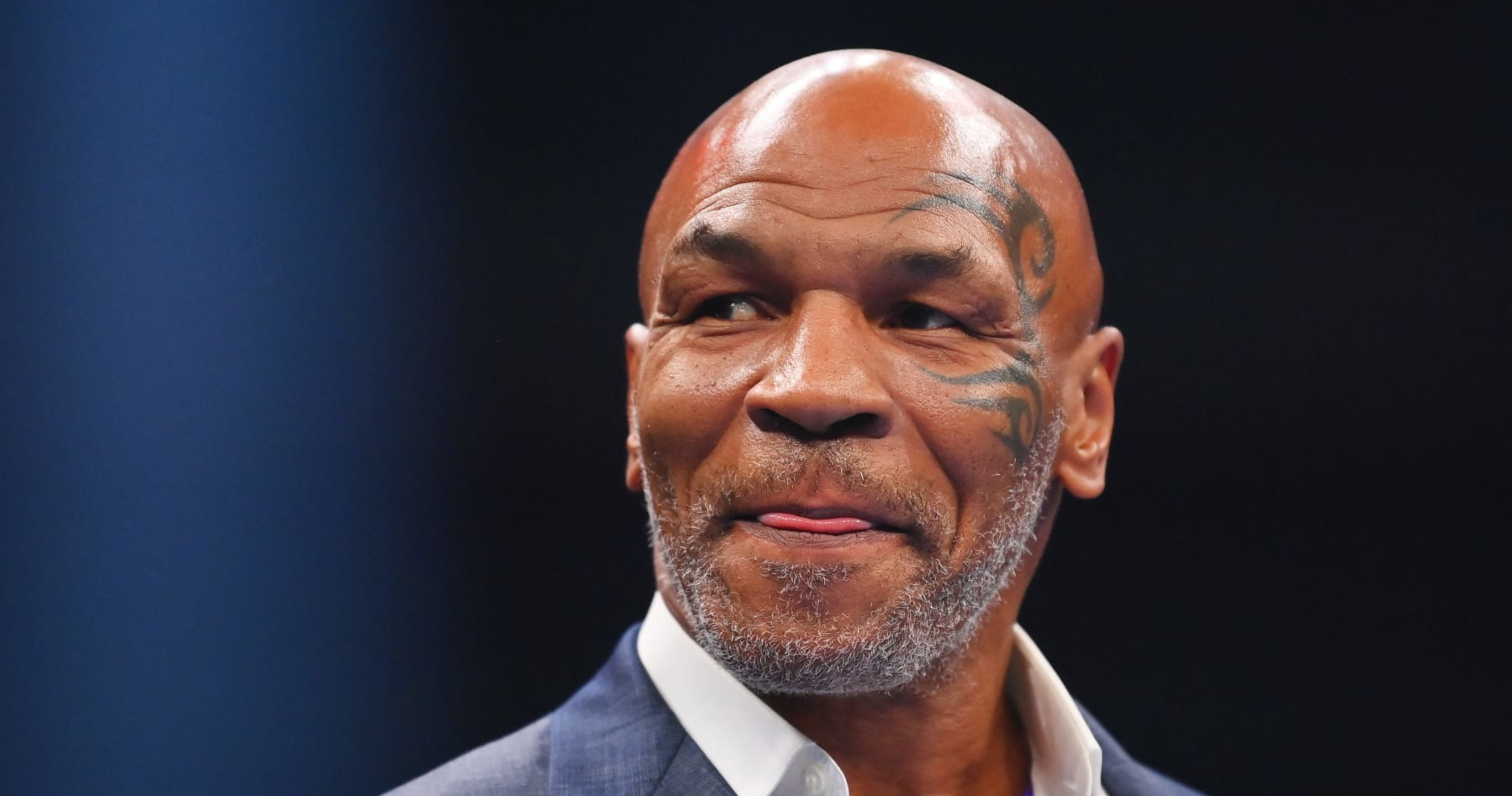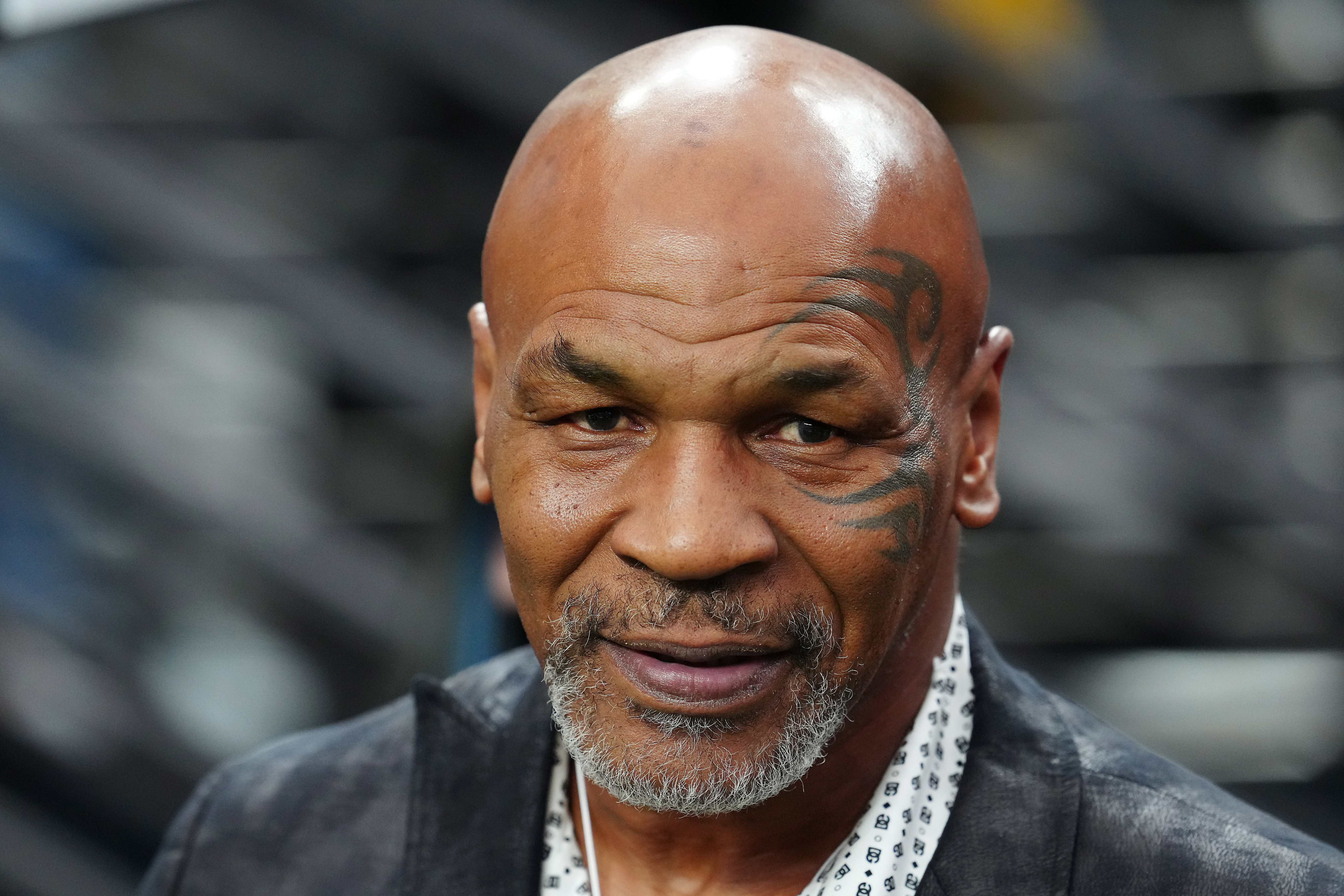Understanding The Mike Wolfe Indictment: What It Means For Public Figures
When news breaks about a public figure facing legal issues, it can feel a bit overwhelming, can't it? People often wonder what it all means. The mention of a "mike wolfe indictment" certainly brings up many questions for those following current events, especially when someone well-known is involved. This kind of announcement, you know, tends to capture a lot of attention, and for good reason. It points to a serious step in the legal process.
A grand jury's decision to hand down an indictment is, in some respects, a significant moment. It's not a conviction, but it does signal that a group of citizens believes there's enough evidence to move forward with a criminal case. For someone in the public eye, like perhaps a figure whose life and career have been explored in a miniseries, or someone involved in government, this development can spark widespread discussion. It's a point where the formal legal journey truly begins.
So, understanding the steps that follow an indictment, and what it might mean for the individual and the public, is pretty important. We see stories like this play out in the news, from athletes whose lives are explored in shows, to political figures, and each time, the public wants to grasp the situation. This piece aims to shed some light on the general process and the potential effects when someone faces an indictment.
- Diana Ohashi
- Greg Covey Net Worth
- Harry Bring Death
- How Much Is Woody Allen Worth
- Frank Fritz Mike Wolfe House
Table of Contents
- What an Indictment Is All About
- The Grand Jury: A First Step in the Legal Path
- Public Reaction and Image Concerns
- The Road Ahead After an Indictment
- How the Public Receives Such News
- Staying Informed on Legal Matters
- Frequently Asked Questions About Indictments
What an Indictment Is All About
An indictment is, basically, a formal accusation. It comes from a grand jury, which is a group of ordinary citizens. Their job is to look at evidence presented by a prosecutor. If they decide there's enough reason to believe a crime might have happened, and that the person named could be responsible, they issue an indictment. This isn't a declaration of guilt, just a formal charge. It means the case can now go to trial. It's a crucial step in the justice system, you know, setting the stage for what comes next.
For someone like, say, a public figure, an indictment can have immediate and wide-ranging effects. It can affect their reputation, their work, and even their personal life. Think about the discussions that arise when any well-known person faces legal challenges. It's a big deal for them, and often for the public who follows their story. This initial formal charge is just the start of a much longer process, really.
The legal system, in a way, moves at its own pace after an indictment. There are many steps that follow, including arraignment, discovery, motions, and eventually, a trial. Each phase has its own procedures and rules. It's a complex path, and people involved need a lot of support and guidance through it all. This initial accusation, though, is what gets the ball rolling, so to speak.
- Skinwalkers Ohio
- Casper Smart Net Worth
- Did Kevin Hart Get An Oscar For Jumanji
- Jacqui Heinrich Married
- Hotel California Satanic
The Grand Jury: A First Step in the Legal Path
The grand jury process is, actually, a bit different from a regular trial jury. A grand jury doesn't decide if someone is guilty or not guilty. Their role is to decide if there's enough "probable cause" to bring criminal charges. They hear evidence, typically presented by prosecutors, and they can ask questions. The proceedings are usually secret, which means the public doesn't get to see what happens inside the room. This secrecy, in some respects, helps protect the investigation.
When a grand jury considers a potential indictment, they are looking for a reasonable belief that a crime was committed and that the person named did it. If they find this, they vote to issue a "true bill," which is the indictment. If they don't, they issue a "no bill," and no charges are brought. It's a screening process, basically, to make sure cases have merit before moving to a full trial.
This process is an important safeguard, meant to prevent baseless accusations from going to trial. It's a way the system tries to ensure fairness from the very beginning. So, when you hear about a "mike wolfe indictment," you know that a group of citizens has already reviewed some evidence and determined that a formal charge is warranted. It's a significant threshold to cross in any criminal case.
Public Reaction and Image Concerns
When someone like a public figure, perhaps someone known from a television series or a political role, faces an indictment, public reaction can be quite intense. People often have strong opinions, and news spreads very quickly. Social media, you know, can amplify these discussions, leading to both support and criticism for the individual involved. It's a time when public perception really matters.
Managing public image during such a period becomes a crucial task. The way the news is reported, and how the individual or their representatives respond, can shape how the public views the situation. It's a delicate balance, trying to maintain credibility while facing serious accusations. For someone whose career depends on public goodwill, like a well-known personality, this is particularly challenging.
We've seen this play out with various figures over time. Think of the intense scrutiny someone like heavyweight champion Mike Tyson faced throughout his controversial career, or the constant public eye on politicians like Speaker James Michael Johnson. An indictment, in a way, adds another layer of public examination to their lives. It's a period where every move can be watched and discussed, pretty widely.
The Road Ahead After an Indictment
After an indictment, the legal journey truly picks up speed. The accused person, for instance, will usually be formally arrested or surrender themselves. Then comes the arraignment, where they appear before a judge, hear the charges against them, and enter a plea, typically "not guilty." This is the point where the defense officially begins to counter the charges. It's a very formal start to the trial phase.
What follows is a period known as "discovery." During this time, both the prosecution and the defense gather and exchange information and evidence. This can include witness statements, documents, and other materials relevant to the case. It's a thorough process, meant to ensure both sides have access to the information they need to prepare their arguments. This part of the process can take quite a while, actually.
There might also be various motions filed by either side. These are requests made to the court, perhaps to exclude certain evidence or to dismiss the charges. If the case doesn't get resolved through plea bargains or motions, it will eventually proceed to a trial. This is where a jury or a judge hears all the evidence and decides whether the accused is guilty or not guilty. It's a long and often unpredictable path, to be honest.
How the Public Receives Such News
The public often gets their information about events like a "mike wolfe indictment" from various sources. News outlets, online articles, and social media all play a part in shaping the narrative. People tend to form opinions based on what they read and hear, and sometimes, those opinions are very strong. It's fascinating, in a way, to see how quickly information spreads and how people react to it.
It's worth remembering that news reports, while trying to be accurate, are often just snapshots of a much larger and more complex legal situation. Official sources, like the NWS/NHC for weather forecasts, are important for reliable information in their field. Similarly, for legal matters, consulting official court documents or statements from legal representatives gives a clearer picture. It helps to get information from reliable places, you know.
People's interest in these stories can stem from many places. Sometimes it's a general curiosity about the legal system. Other times, it's a personal connection to the public figure involved. For instance, those who followed the dramatic story of Mike Tyson might be interested in how legal issues impact public figures. It's a natural human tendency to want to understand what's happening, especially when it involves someone in the public eye.
Staying Informed on Legal Matters
Keeping up with legal developments, especially those involving public figures, requires a bit of thoughtful engagement. It's always a good idea to seek out information from multiple sources and to consider the context of the news. Legal proceedings can be quite intricate, and initial reports might not capture every detail. For example, understanding the difference between an indictment and a conviction is a key point.
Official government sources, like the Department of Justice, can provide general information about legal processes. You can learn more about indictments on our site, and link to this page for more legal insights. These kinds of resources help people get a better grasp of the legal framework. It's always better to be well-informed, you know, rather than relying on speculation.
The legal system is, after all, a foundational part of society. Understanding its workings, even in a general sense, helps us make sense of the news we hear. Whether it's a case that gains national attention or a local legal matter, staying informed helps us participate as citizens. It's a good habit to develop, actually, to seek out facts and official explanations.
Frequently Asked Questions About Indictments
What is the difference between an indictment and a conviction?
An indictment is a formal accusation. It means a grand jury believes there's enough evidence to charge someone with a crime. A conviction, on the other hand, means a person has been found guilty of a crime, either by a jury's verdict, a judge's decision, or by pleading guilty. So, an indictment is the start of the legal process, while a conviction is the outcome, typically after a trial or plea deal.
Does an indictment mean the person is guilty?
No, an indictment does not mean the person is guilty. It simply means there's enough evidence for the case to proceed to trial. The accused person is presumed innocent until proven guilty beyond a reasonable doubt in a court of law. It's a crucial distinction, really, that helps protect people's rights.
How long does the legal process take after an indictment?
The length of the legal process after an indictment can vary a lot. It depends on many things, like the complexity of the case, the number of witnesses, and the court's schedule. Some cases can be resolved in a few months, while others might take years to go through trials and appeals. It's not a quick process, typically.
Understanding the general idea of a "mike wolfe indictment" and what it entails helps us make sense of the news. It's a situation that brings a lot of attention, and knowing the basic steps of the legal process can help you follow along. It's a journey that takes time, and the outcomes are never certain until all legal avenues are explored. Staying informed, you know, is always a good approach.
For more general information on legal procedures, you might find resources from official government bodies helpful. For instance, the U.S. Department of Justice offers many public documents and explanations about the justice system. It's a very helpful place to learn about how things work. You can visit their website for general information on legal processes and federal laws.
- Cancer Battle Jodi Faeth Mike Wolfe Wife Cancer
- Jamie Dimon Net Worth
- Van Jones Education Background
- Kevin Dias Age
- Daniella Karagach Age

Mike Tyson Posts Day 4 Training Video for Jake Paul Fight: 'Fire's in

Mike Tyson 2024 Fight - Nora Thelma

Mike Tyson's Physique Has Changed Drastically After Jake Paul Fight